Home>diy>Planning & Engineering>What Does A Zoning Engineer Do
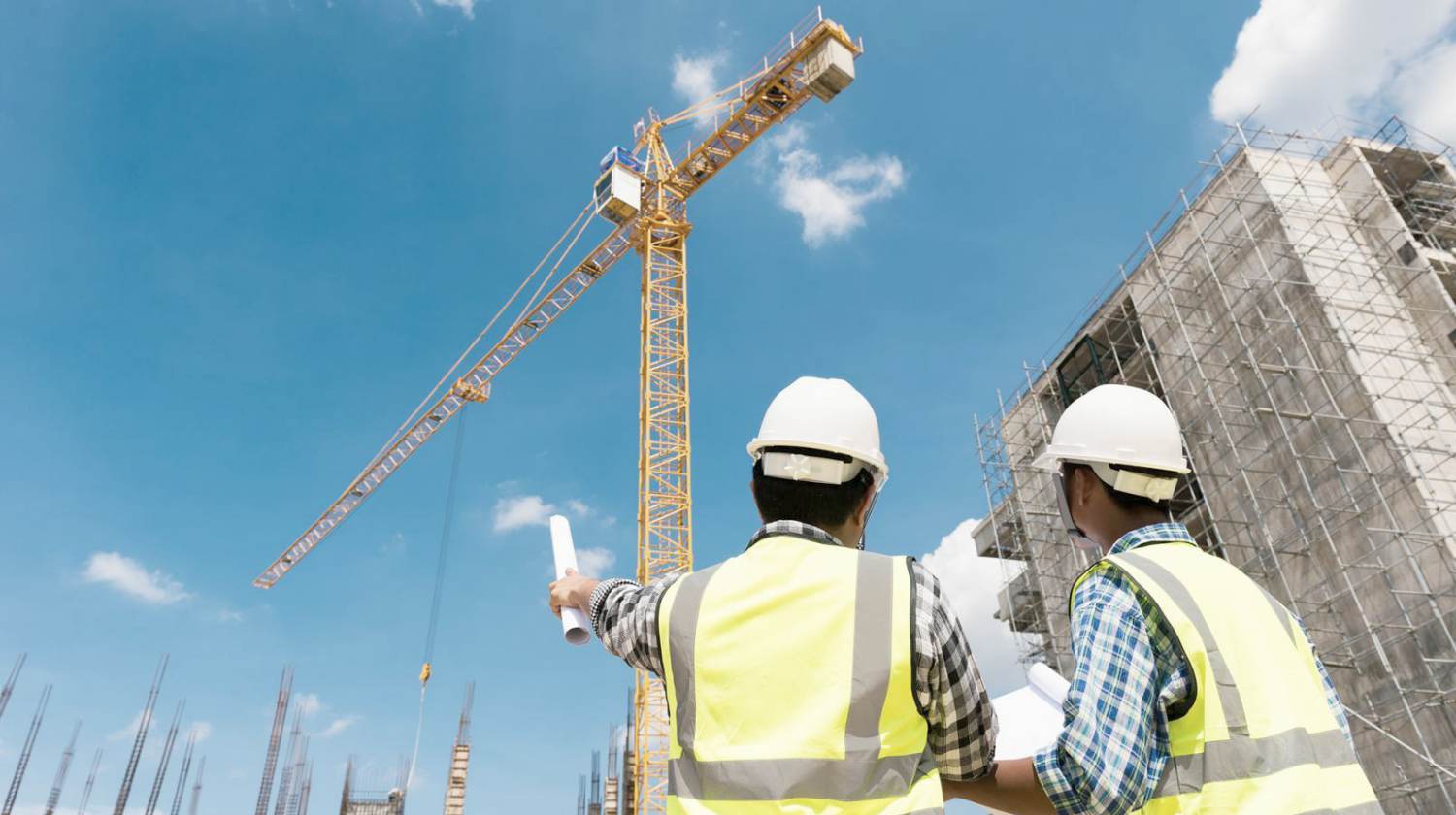

Planning & Engineering
What Does A Zoning Engineer Do
Modified: February 25, 2024
Discover what a zoning engineer does in the field of planning engineering. Gain an insight into their role and responsibilities, ensuring efficient land use and compliance with regulations.
(Many of the links in this article redirect to a specific reviewed product. Your purchase of these products through affiliate links helps to generate commission for Storables.com, at no extra cost. Learn more)
Introduction
In today’s rapidly evolving urban landscape, the role of a zoning engineer has become increasingly vital. Zoning engineering is a specialized field that combines planning and engineering principles to ensure the balanced development and optimal use of land within a community. Zoning engineers play a significant role in creating sustainable and livable cities by ensuring compliance with zoning regulations, promoting responsible land use, and assessing the environmental impact of development projects.
What exactly does a zoning engineer do? This article will delve into the responsibilities and tasks of a zoning engineer, shedding light on the integral role they play in shaping our built environment.
Before we dive into the details, it’s important to understand the concept of zoning engineering. Zoning engineering involves analyzing and implementing zoning ordinances, which are sets of regulations that govern land use, building size and structure, parking requirements, and other aspects of development within a specific geographic area. These ordinances are put in place by local government bodies to ensure orderly growth and protect the overall character of a community.
Now that we have a basic understanding of zoning engineering, let’s explore the specific responsibilities of a zoning engineer in more depth.
Key Takeaways:
- Zoning engineers play a pivotal role in shaping sustainable and vibrant communities by ensuring compliance with regulations, conducting environmental impact assessments, and engaging with the public to create inclusive development plans.
- Through collaboration with architects and developers, zoning engineers contribute to well-designed and compliant development projects that align with community values, promote safety, and enhance the overall quality of life for residents.
Read more: What Does A Construction Engineer Do?
Definition of Zoning Engineering
Zoning engineering is a multidisciplinary field that combines the expertise of urban planners, civil engineers, and environmental specialists to ensure the efficient and effective use of land within a community. Zoning engineers work closely with local government bodies, architects, developers, and other stakeholders to ensure that development projects adhere to zoning regulations, building codes, and environmental standards.
At its core, zoning engineering seeks to create a balance between the needs of a community and the demands of development. Zoning engineers analyze the existing land use patterns, infrastructure, and environmental conditions of an area to make informed decisions about zoning classifications and land use designations.
A successful zoning engineer must have a deep understanding of local zoning laws, building codes, and environmental regulations. They must also possess strong analytical and problem-solving skills to assess the impact of proposed development projects on the surrounding community.
Zoning engineers work closely with architects and developers during the initial planning stages of a project to ensure that the design aligns with the zoning regulations. They review architectural plans and construction drawings to verify compliance with setback requirements, height restrictions, parking standards, and other zoning parameters.
In addition to working with private developers, zoning engineers also collaborate with city planners and government officials to develop comprehensive zoning ordinances. These ordinances dictate the appropriate use of land within different zones, such as residential, commercial, industrial, and mixed-use areas. Zoning engineers provide valuable input during the drafting and updating of these ordinances, ensuring that they align with citywide goals and objectives.
Overall, zoning engineering is a vital component of urban planning and development. By enforcing zoning regulations and overseeing the compliance of development projects, zoning engineers contribute to the creation of sustainable, functional, and aesthetically pleasing communities.
Responsibilities of a Zoning Engineer
Zoning engineers play a crucial role in ensuring that development projects comply with zoning regulations and uphold the goals of land use planning. Their responsibilities encompass a wide range of tasks, including:
- Reviewing and analyzing proposed development plans to ensure compliance with zoning regulations, building codes, and environmental standards.
- Conducting site visits and assessments to evaluate the land’s suitability for development and assess any potential environmental impacts.
- Collaborating with architects and developers to provide guidance on zoning requirements and design considerations.
- Preparing and presenting reports, plans, and recommendations to government officials, planning commissions, and public hearings.
- Assessing the potential impact of development projects on traffic patterns, utilities, and other infrastructure systems.
- Conducting research and staying updated on relevant zoning laws, building codes, and land use policies.
- Working with government agencies and stakeholders to develop and update zoning ordinances and regulations.
- Ensuring that development projects adhere to sustainability and environmental protection standards.
- Participating in public outreach initiatives to educate the community about zoning regulations and development projects.
- Collaborating with other professionals, such as civil engineers, environmental consultants, and legal advisors, to facilitate the successful completion of development projects.
Zoning engineers must possess a diverse set of skills to effectively fulfill their responsibilities. These skills include strong analytical abilities, attention to detail, excellent communication skills, and a good understanding of urban planning principles and regulations. They must also stay abreast of emerging trends and innovations in the field of zoning engineering to adapt to changing land use patterns and community needs.
By overseeing the proper implementation of zoning regulations and facilitating responsible development, zoning engineers contribute to the creation of sustainable and vibrant communities. Their work ensures that the built environment harmoniously integrates with the natural environment and meets the needs of present and future generations.
Zoning and Land Use Analysis
Zoning and land use analysis is a critical aspect of a zoning engineer’s role. By conducting thorough analysis, zoning engineers can assess the current land use patterns, identify areas of development potential, and make informed decisions about zoning classifications and designations.
One of the primary goals of zoning analysis is to divide the community’s land into different zones based on the desired use of each area. Typical zoning categories include residential, commercial, industrial, and mixed-use zones. Zoning engineers evaluate factors such as population density, infrastructure availability, transportation accessibility, and environmental considerations to determine the appropriate zoning for each area.
Land use analysis involves examining the long-term land use goals and objectives of the community. Zoning engineers consider factors like economic development, environmental conservation, transportation efficiency, and quality of life when evaluating the ideal land use for a given area.
Zoning engineers leverage Geographic Information Systems (GIS) and other advanced tools to analyze land use patterns and create zoning maps. These maps visually depict the various zoning classifications, helping developers, city officials, and the public understand the spatial arrangement of different land uses within the community.
During the zoning analysis process, zoning engineers also consider the compatibility and potential conflicts between different land uses. They evaluate how different zones can coexist harmoniously and minimize any adverse impacts on neighboring properties. For example, they might assess the potential noise or traffic implications of locating a commercial zone adjacent to a residential area.
Furthermore, zoning engineers conduct demographic and market analysis to understand the present and future demand for various land uses within the community. This information aids in determining appropriate zoning regulations and incentivizing development in specific areas.
Overall, zoning and land use analysis is a crucial step in the development of comprehensive zoning regulations. By carefully assessing the existing land use patterns, analyzing community needs and goals, and considering the potential impacts of development, zoning engineers lay the groundwork for sustainable and balanced urban growth.
Compliance with Zoning Regulations
Ensuring compliance with zoning regulations is a fundamental responsibility of a zoning engineer. Zoning regulations are established by local government bodies to guide the development and use of land within a community. Compliance with these regulations helps maintain the integrity, safety, and functionality of the built environment.
One of the key tasks of a zoning engineer is to review proposed development plans to verify compliance with zoning regulations. They meticulously examine architectural drawings, site plans, and other project documents to ensure that the proposed development aligns with the specified zoning classification and meets the requirements set forth by the local authorities.
Zoning engineers pay close attention to factors such as setback requirements, building height limits, parking ratios, lot coverage, and use restrictions. They evaluate these parameters to ensure that the proposed development adheres to the allowable dimensions and uses specified in the zoning regulations.
In cases where a proposed development does not comply with the zoning regulations, zoning engineers may work with architects and developers to explore options for variances or waivers. They may assist in preparing requests for zoning variances, which are formal requests to deviate from specific zoning requirements due to practical difficulties or unique circumstances.
Additionally, zoning engineers play a role in monitoring and enforcing zoning compliance. They conduct inspections of existing structures or ongoing construction projects to ensure that they conform to the approved plans and comply with the zoning regulations in all aspects. This includes verifying that the development matches the approved height, setbacks, and use permits.
When violations of zoning regulations are identified, zoning engineers collaborate with building officials, legal departments, and other relevant parties to develop and implement appropriate enforcement strategies. This may involve issuing compliance orders, imposing fines, or initiating legal action to rectify non-compliant developments.
Ultimately, the goal of zoning compliance is to maintain the desired character of a community, safeguard public health and safety, and ensure the equitable use of resources. By diligently enforcing zoning regulations, zoning engineers contribute to creating vibrant and well-planned urban environments.
Read more: What Does A Zoning Officer Do
Permitting and Code Compliance
Permitting and code compliance are essential aspects of a zoning engineer’s responsibilities. Permitting involves the issuance of permits for development projects, while code compliance ensures that constructed structures meet safety and building code requirements.
Zoning engineers play a key role in the permitting process by reviewing and approving permit applications. They verify that the proposed development aligns with the zoning regulations and meets all necessary criteria for approval. This includes assessing factors such as land use, setbacks, parking, and environmental impact.
During the permitting process, zoning engineers work closely with architects, engineers, and developers to address any issues or concerns. They may request modifications to the project plans to ensure compliance with zoning regulations and to mitigate any potential negative impacts on the surrounding area.
Once permits are granted, zoning engineers monitor the construction process to ensure compliance with building codes and other regulations. They conduct regular inspections at different stages of construction to verify that the project is being carried out as approved, and that all necessary permits are in place.
Code compliance is another crucial aspect of a zoning engineer’s responsibilities. They ensure that constructed structures meet all relevant safety codes, including structural integrity, fire safety, accessibility, and electrical and plumbing systems. Zoning engineers work closely with building officials and inspectors to review construction plans, inspect sites, and ensure that code requirements are met.
If violations or non-compliance with building codes are identified during inspections or at any stage of the construction process, zoning engineers collaborate with building officials and other relevant authorities to address the issues. This may involve issuing stop-work orders, demanding corrections, and imposing penalties until code compliance is achieved.
By overseeing the permitting process and ensuring code compliance, zoning engineers contribute to the creation of safe, functional, and compliant structures within the community. Their expertise helps safeguard the well-being of occupants and maintains the overall integrity of the built environment.
A zoning engineer is responsible for ensuring that construction projects comply with local zoning regulations. They review plans, conduct site inspections, and provide guidance to developers and builders to ensure compliance with zoning laws.
Site Assessment and Evaluation
Site assessment and evaluation are critical components of a zoning engineer’s responsibilities. These activities involve thoroughly analyzing the physical characteristics and suitability of a site for development projects.
Zoning engineers conduct site assessments to gather information about the land’s topography, soil composition, drainage patterns, and environmental features. This data helps them determine the feasibility and potential constraints of a particular development project.
During site evaluations, zoning engineers consider various factors, such as proximity to transportation networks, availability of utilities, and compatibility with surrounding land uses. They assess whether the proposed development is suitable for the site from both an engineering standpoint and in compliance with zoning regulations.
In addition, zoning engineers evaluate any potential environmental impacts that a development project may have on the surrounding area. They consider factors such as air and water quality, noise levels, and the potential for habitat disruption. This evaluation ensures that development projects are designed and executed in an environmentally responsible manner.
To support site assessments and evaluations, zoning engineers may use advanced tools such as Geographic Information Systems (GIS), which provide spatial analysis and mapping capabilities. These technologies allow them to overlay various layers of information, such as zoning boundaries, land use patterns, and environmental features, to make informed decisions about site suitability and potential impacts.
Site assessments and evaluations are essential to ensure that development projects align with the community’s goals and do not have adverse effects on the surrounding environment. By carefully analyzing site characteristics, zoning engineers can make recommendations and provide guidance to architects, developers, and other stakeholders involved in the project.
Ultimately, site assessments and evaluations enable zoning engineers to contribute to the creation of sustainable and well-planned development projects that are compatible with the natural and built environment.
Collaboration with Architects and Developers
Collaboration with architects and developers is a crucial aspect of a zoning engineer’s work. Zoning engineers work closely with these professionals to ensure that development projects comply with zoning regulations, reflect good design principles, and meet the needs of the community.
At the initial stages of a project, zoning engineers collaborate with architects to review and refine design plans. They provide guidance on zoning requirements and restrictions, offering insights on setback requirements, building height limitations, parking standards, and other zoning parameters.
By working together, zoning engineers and architects can ensure that the proposed development is in line with the community’s vision, while also being compliant with zoning regulations. They strive to strike a balance between aesthetic considerations, functional design, and adherence to zoning requirements.
Zoning engineers also collaborate with developers to address any concerns or challenges related to zoning compliance. They assist in navigating the permit application process, reviewing project plans, and working through any variances or exceptions that may be required.
Throughout the development process, zoning engineers and architects work hand-in-hand to ensure that the project remains compliant with zoning regulations. They monitor construction progress, conduct inspections, and verify that the project is being executed according to the approved plans.
A strong and effective collaboration between zoning engineers, architects, and developers is crucial in achieving successful development outcomes. It allows for the integration of design excellence, functional efficiency, and community compliance.
By fostering this collaboration, zoning engineers contribute to the creation of well-designed, sustainable, and harmonious built environments that meet the needs of the community.
Environmental Impact Assessment
As stewards of sustainable development, zoning engineers are responsible for conducting environmental impact assessments (EIAs) to evaluate the potential effects of development projects on the natural environment. These assessments are crucial in identifying and mitigating any adverse impacts that may arise from construction and development activities.
During the environmental impact assessment process, zoning engineers examine various factors that could be affected by a project, such as air and water quality, wildlife habitats, vegetation, and soil stability. They evaluate the potential impacts to determine the significance and severity of these effects on the environment.
Zoning engineers collaborate with environmental consultants and specialists to conduct studies, gather data, and analyze the environmental impacts of a proposed development. They assess the adequacy of environmental protection measures and recommend strategies for minimizing or mitigating any negative effects.
Environmental impact assessments also incorporate considerations of sustainable practices. Zoning engineers evaluate whether a proposed development adheres to sustainable design principles, such as energy efficiency, water conservation, and waste management.
These assessments play a crucial role throughout the decision-making process for development projects. They help inform policy and regulatory decisions, guide mitigation efforts, and facilitate public participation in the planning and development process.
By incorporating environmental impact assessments into their work, zoning engineers contribute to the creation of environmentally responsible and sustainable development practices. They help ensure that development projects enhance, rather than degrade, the natural environment, thereby promoting the long-term health and well-being of communities.
Read more: What Does An Urban Planning Engineer Do
Public Presentations and Hearings
Public presentations and hearings play a significant role in the work of zoning engineers. These events provide opportunities for zoning engineers to engage with the community, share information about development projects, and gather public input on proposed zoning changes or development plans.
Zoning engineers are often required to give presentations to government officials, planning commissions, and community groups to explain zoning regulations, review development proposals, and provide updates on ongoing projects. These presentations aim to inform stakeholders about the impact of proposed developments and ensure transparency in the decision-making process.
Public hearings are formal gatherings where the public is invited to express their opinions, concerns, and feedback on development projects or proposed zoning changes. Zoning engineers attend these hearings to listen to community input and incorporate public perspectives into the decision-making process.
During public presentations and hearings, zoning engineers may provide detailed explanations of zoning regulations, describe how proposed projects align with the regulations, and address any concerns or questions raised by the community. They must effectively communicate complex information in a clear, concise, and understandable manner to ensure that the public has a comprehensive understanding of the development projects and their potential impacts.
Zoning engineers also serve as a bridge between the public and decision-making bodies. They gather and compile community feedback, analyze public input, and present it to relevant stakeholders, such as city officials and planning commissions. This ensures that community perspectives are taken into account when making decisions regarding zoning changes or development approvals.
Public presentations and hearings are essential for fostering a sense of community involvement and ownership in the planning and development process. By actively engaging with the public and incorporating their input, zoning engineers help to create more inclusive and responsive development plans that reflect the needs and aspirations of the community.
Conclusion
Zoning engineering is a critical discipline that combines expertise in urban planning and engineering principles to shape the development of our communities. Zoning engineers play an integral role in ensuring compliance with zoning regulations, promoting responsible land use, and assessing the environmental impact of development projects.
Throughout this article, we have explored the various responsibilities of a zoning engineer. From conducting zoning and land use analysis to ensuring compliance with regulations, permitting and code compliance, site assessment, collaboration with architects and developers, environmental impact assessments, and engagement in public presentations and hearings, zoning engineers play a pivotal part in creating sustainable and livable communities.
By diligently reviewing development plans, conducting site assessments, and collaborating with architects, zoning engineers contribute to well-planned and aesthetically pleasing developments that align with the vision and values of the community. They also play a crucial role in ensuring compliance with zoning regulations and building codes, promoting the safety and functional integrity of structures within the community.
Moreover, zoning engineers recognize the importance of environmental stewardship and conduct environmental impact assessments to evaluate and mitigate any adverse effects of development projects on the natural environment. Their work contributes to the creation of environmentally responsible and sustainable development practices.
Additionally, zoning engineers engage with the public through public presentations and hearings, allowing community members to voice their concerns, provide feedback, and actively participate in the planning and decision-making process. This engagement fosters a sense of community ownership and helps create more inclusive and responsive development plans that reflect the aspirations and needs of the community.
In conclusion, zoning engineers play a vital role in shaping our built environment. Their expertise and knowledge ensure that development projects harmoniously integrate with the surrounding community, adhere to regulations, promote sustainability, and enhance the overall quality of life for residents. Through their efforts, zoning engineers contribute to the creation of vibrant, safe, and sustainable communities that thrive for generations to come.
Frequently Asked Questions about What Does A Zoning Engineer Do
Was this page helpful?
At Storables.com, we guarantee accurate and reliable information. Our content, validated by Expert Board Contributors, is crafted following stringent Editorial Policies. We're committed to providing you with well-researched, expert-backed insights for all your informational needs.



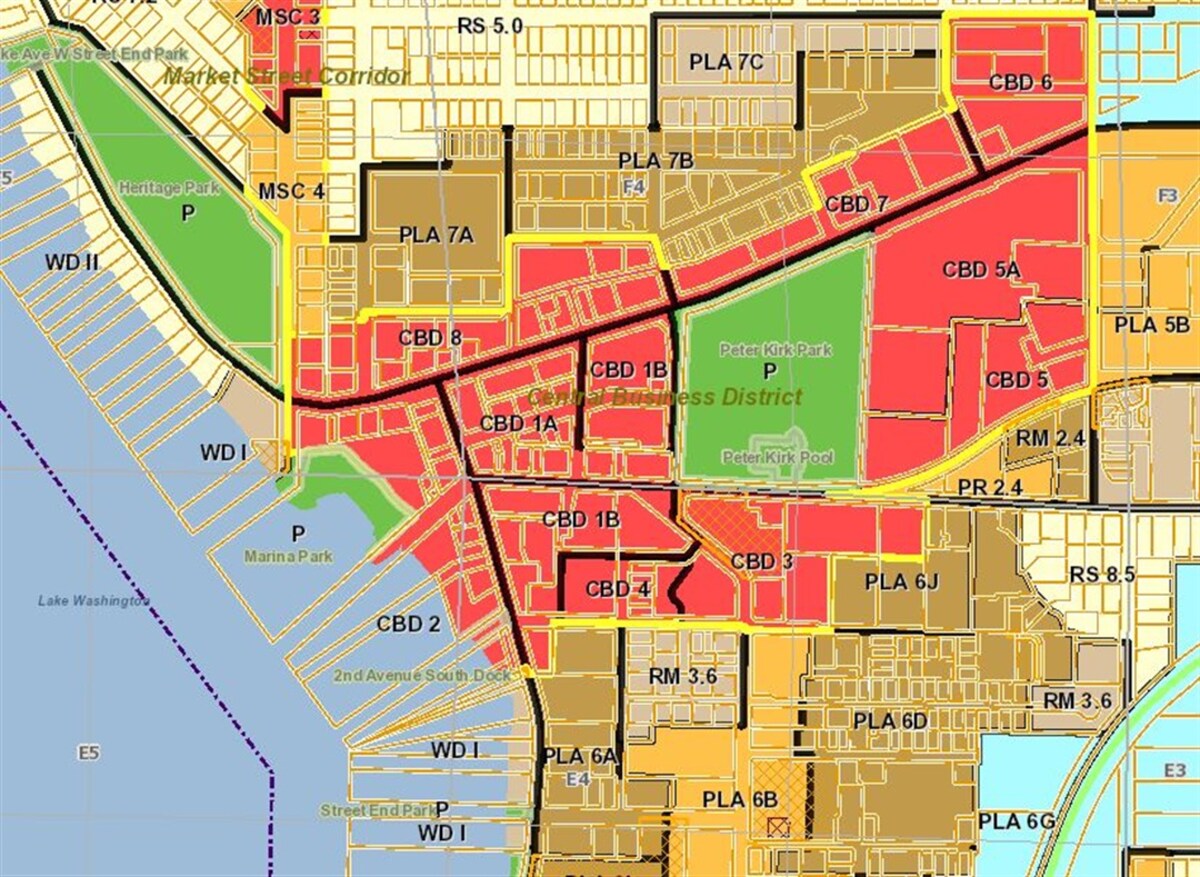
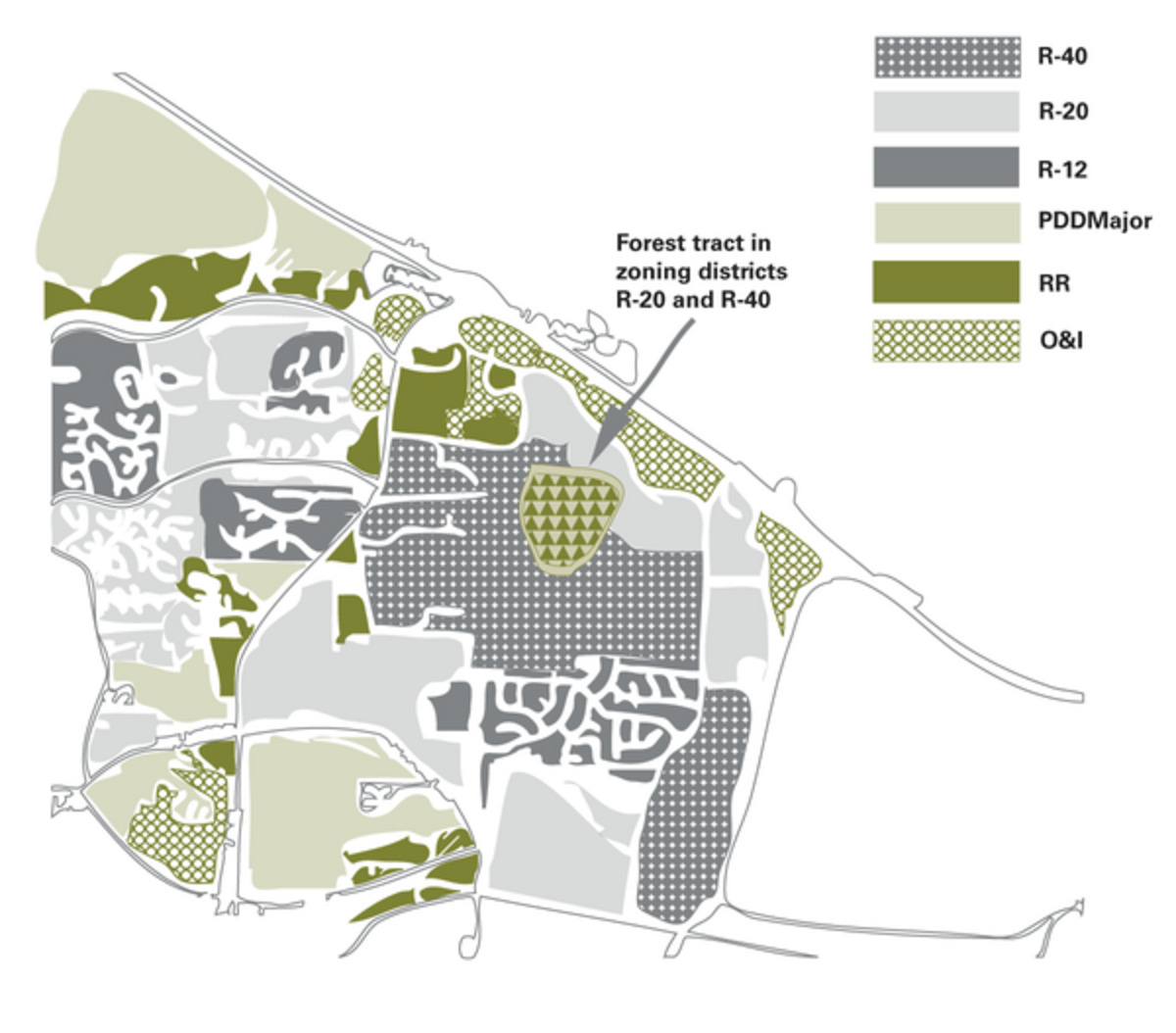




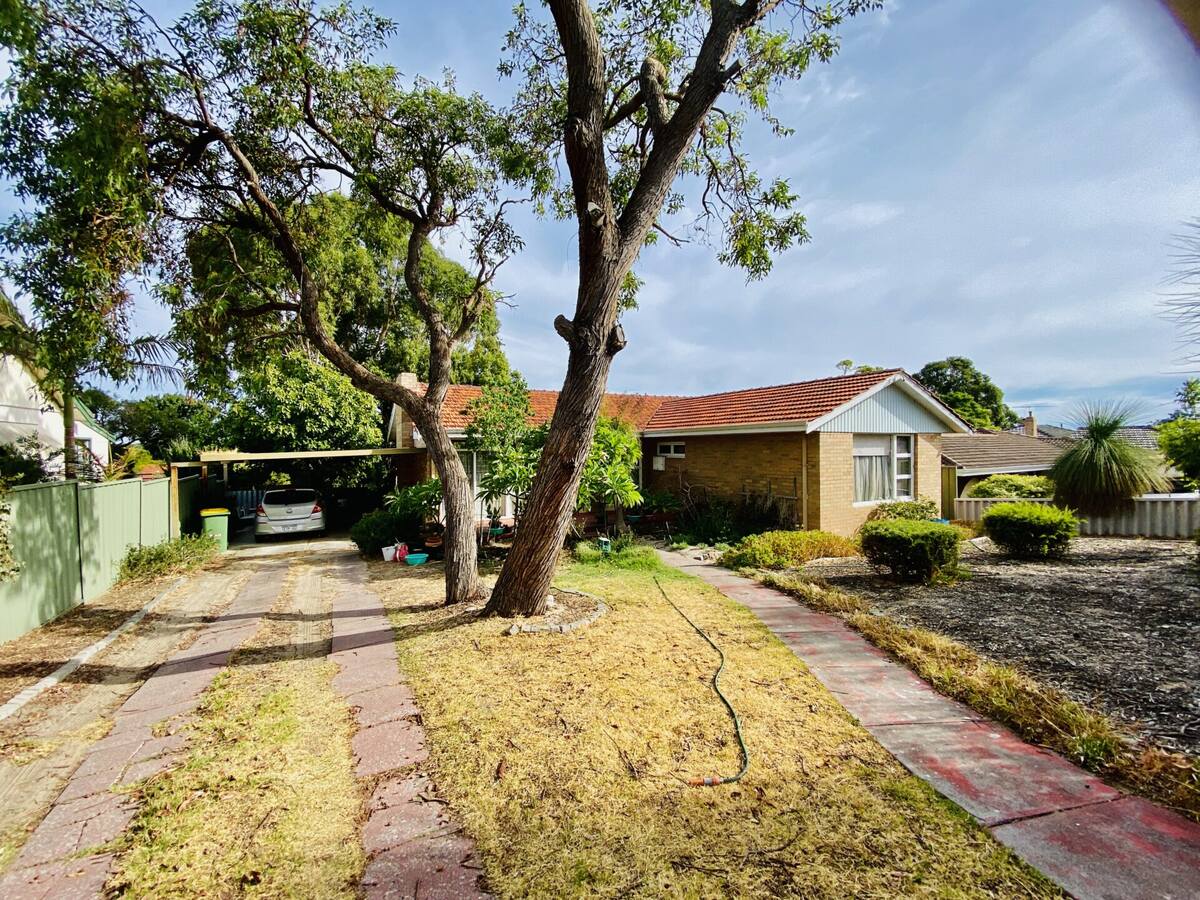
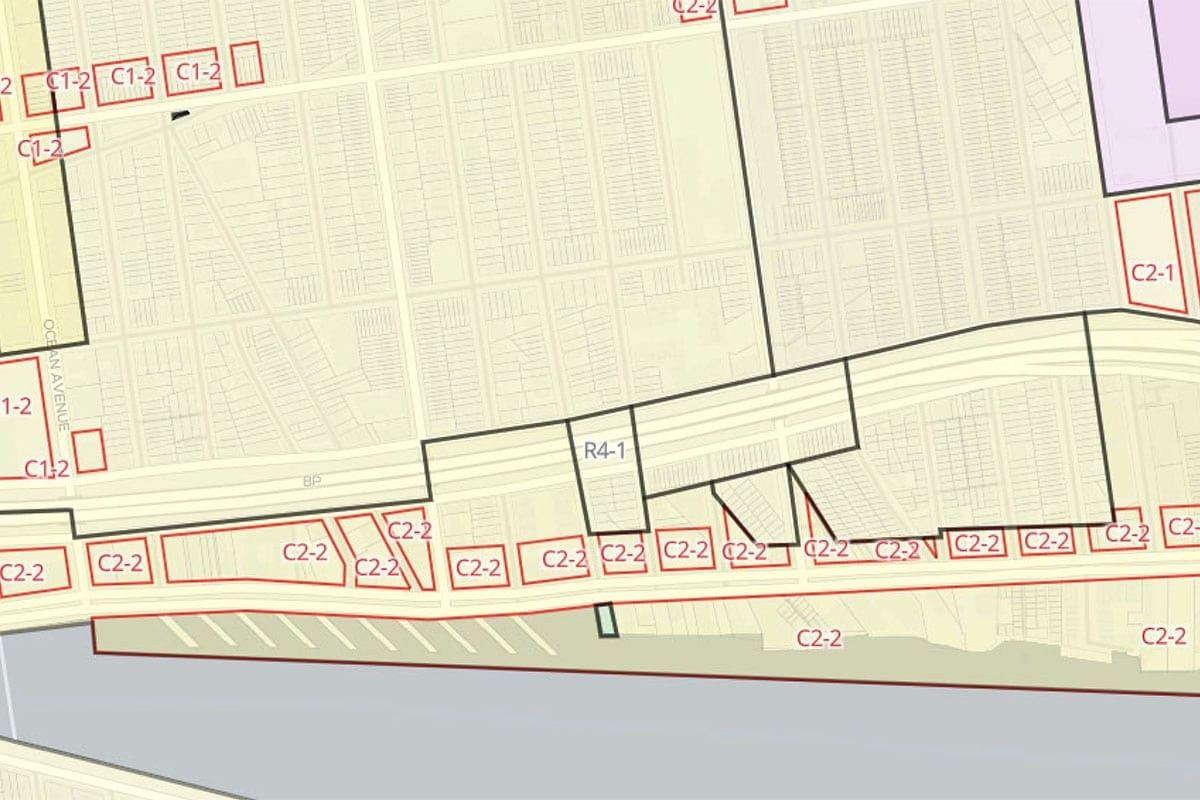

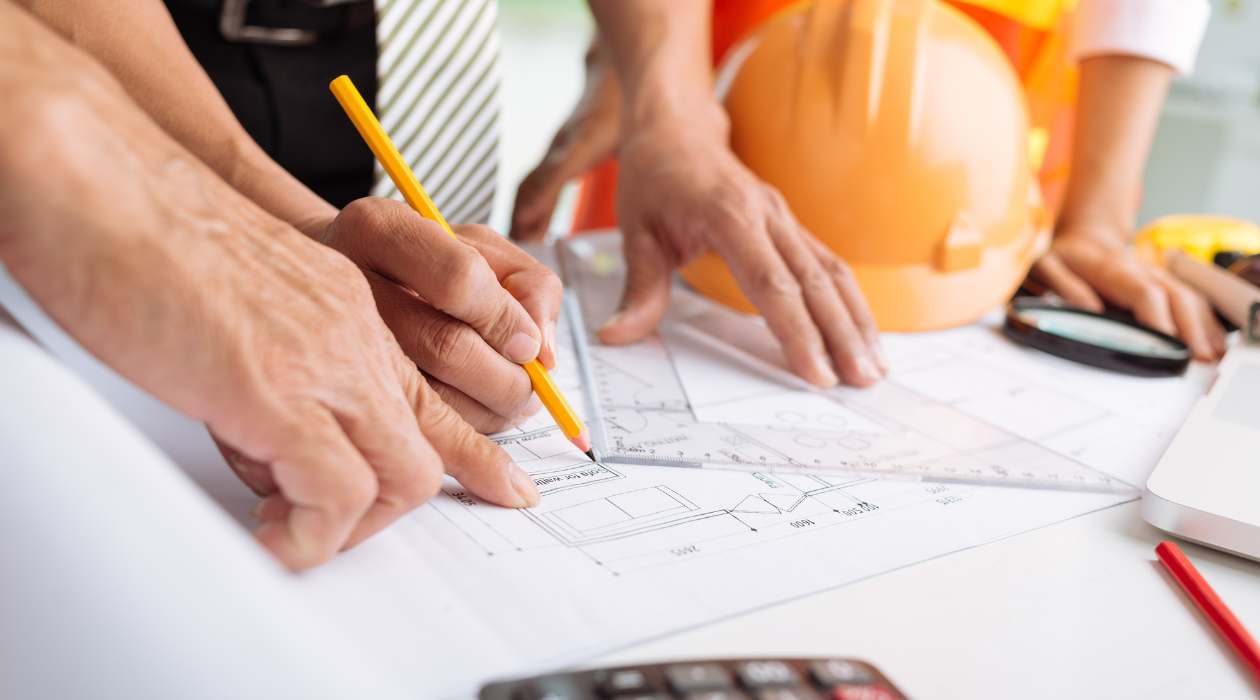

0 thoughts on “What Does A Zoning Engineer Do”